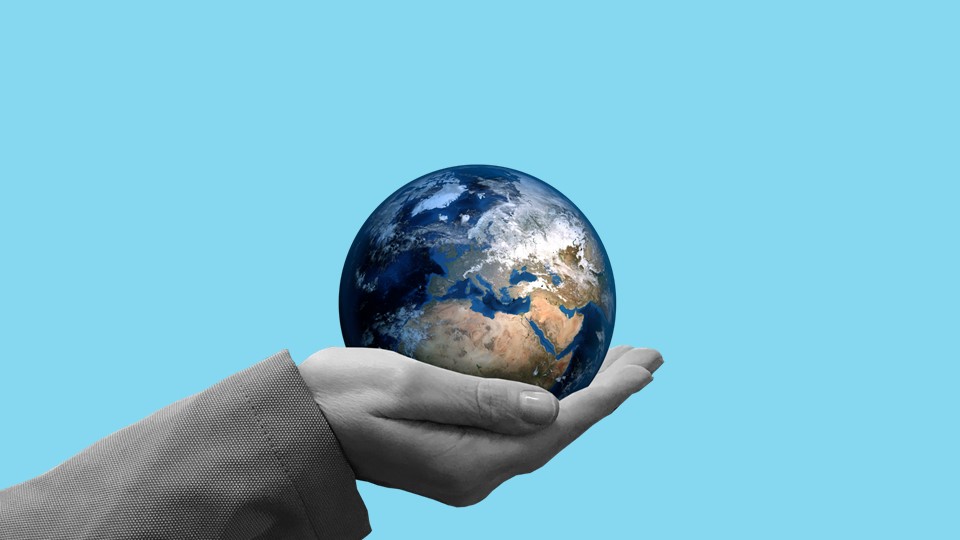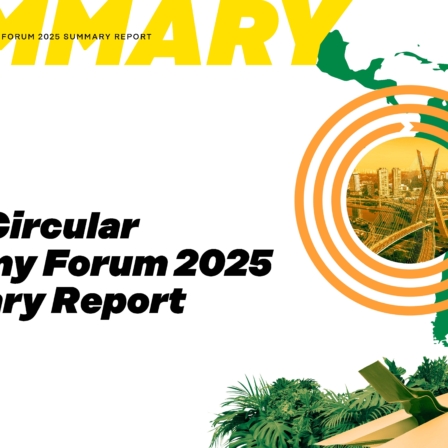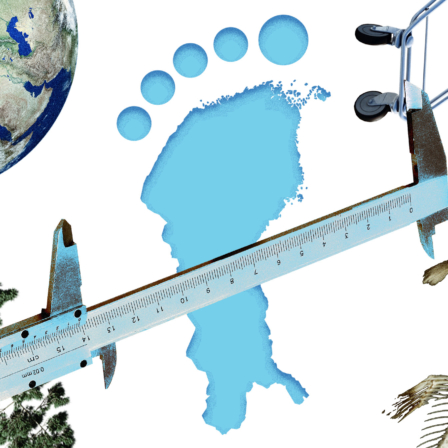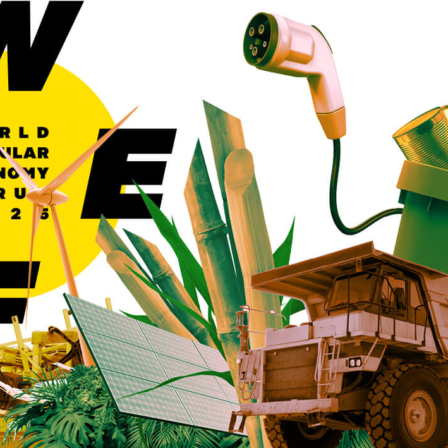The “take-make-waste” model of production and consumption dominating our linear economy today is not only highly wasteful but also an essential contributor to climate change.
Up to 45% of anthropogenic greenhouse gas emissions are associated with land management and the production of consumer goods, food, fashion, buildings, and other products used day-to-day. Cities, entrepreneurs, and youth organisations have already implemented circular solutions that can pave the way for a prosperous net-zero economy that is fit to meet the needs of the next generation.
A circular economy is based on three principles, all driven by design: eliminate waste and pollution, keep products and materials in use, and regenerate natural systems. This model replaces the ‘end-of-life’ concept by stimulating community-based, technological and/or behavioural innovations in all areas of our society.
Circular solutions focus on economic value creation and retention with the resources we already have in use, helping us tackle global environmental challenges such as climate change, pollution, and biodiversity loss.
The ECESP Coordination Group Members EIT Climate KIC, Ellen MacArthur Foundation, Sitra, Generation Climate Europe, and OVAM invite you to this #EUCircularTalks at the UN Climate Conference COP26 in Glasgow on 6 November at 11:00 CET, to discuss how to integrate and upscale circular solutions into national climate strategies like the Nationally determined contributions (NDCs) and National Energy and Climate Plans (NECPs).
The event will showcase inspiring stories from the community, business, and youth perspectives on how the circular economy contributes to climate targets.
Visit the event page for detailed programme and registration. The event is an official side event of the World Circular Economy Forum WCEF.


















Recommended
Have some more.